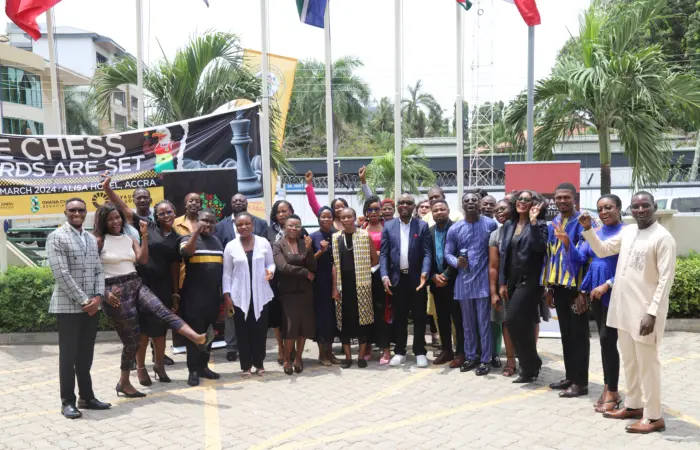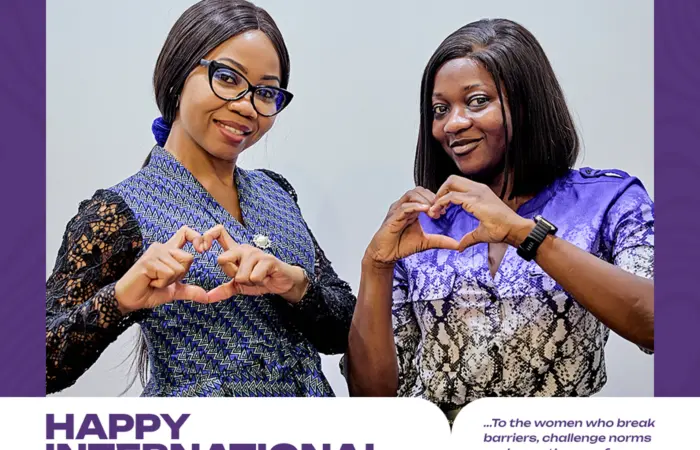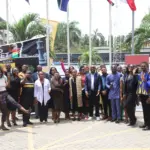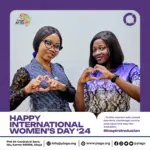The major reason behind the current apprehension on the upcoming Governorship elections in Edo and Ondo states amidst COVID-19 pandemic is simply because Nigeria has struggled to conduct a substantially credible election even when the terrain is serene. Be that as it may, the Independent National Electoral Commission (INEC) has insisted they will go ahead with the elections come September and October. Constitutionally, elections of this nature must be conducted not more than 150 days to the expiration of tenure or not less than 30 days to the expiration of such tenure. In this vein, the INEC has until at least October 13th, 2020 to conduct the Edo Governorship elections while the latest date it can conduct the Ondo elections is 25th January 2021.
Looking at the situation at hand, the emerging question revolves around the sacrosanctity of conducting elections at the date already decided by INEC. While the September date for the Edo election may seem untouchable to avert a constitutional crisis, some may argue that the Ondo elections still have a bit of time luxury. However, if we can conduct one election amidst the pandemic, it’s logically right to prepare for both at the same time and conduct them within a month interval, others may contend.
With the commission insisting that postponing the elections will deny them the constitutional right of conducting elections, Nigerians especially the good people of Edo and Ondo may need to resign to the fate of Voting Amidst COVID-19. Although the Independent National Electoral Commission had released a comprehensive policy for conducting the Governorship elections in Edo and Ondo state come September and October respectively, there remain concerns about its implementation to the later. This again is a result of precedents from previous elections.
Conducting an election in a period like this will not only mean an increasing challenge of protecting the mandate of the people but also a huge responsibility of protecting the health and lives of the people of Edo and Ondo states. These are two massive responsibilities that may end up at the doorstep of the electoral commission, even though it should be a collective responsibility.
At least, on paper, the commission seems to have this covered with the new policy of no facemask, no voting, the possible use of hand sanitizer before accreditation, physical distancing, provision of Personal Protective Equipment (PPE), separate attention to voters displaying symptoms of COVID-19 amongst other preventive measures. Other election activities were adequately captured in the new policy with adherence to safety precautions. Fair enough to say the policy document is comprehensive enough even though it’s not devoid of a bit of debate.
First, the “no face mask, no voting” as a response to the need to protect health during elections in a period of a pandemic has raised questions about possible disenfranchisement of prospective voters who may not be able to afford face masks. Some stakeholders have argued that the commission must provide face masks for every voter while the commission insists its too much of a responsibility to take. With concerns about the rising cost of Nigeria’s election, it is only fair that face masks distribution should not be added to the cost of other safety materials that will be provided by the commission. Moreover, the use of facemasks in recent months has become a health duty and has been mandatory for health protection, thus citizens have responsibility for this even without elections.
Also, government officials, Non-Governmental organizations, religious bodies, and even political parties have made concerted efforts in donating safety materials which includes face masks. Thus, it’s not out of place to suggest that other stakeholders take up such responsibility if conducting credible elections is indeed a collective responsibility as always being preached. Despite this, there remain questions about face masks with political party logos which may end up as campaign instruments especially on election day.
While the implementation of the use of face masks may not be a daunting challenge, issues have been raised about the role of security in enforcing the new policy of election in the context of a pandemic like COVID-19. This remains a lingering issue during elections as security has been culpable in the inability to prevent vote-buying, electoral malpractice, and electoral violence. It becomes a cause of worry on how security could enforce safety precautions without violating disenfranchising voters and violating human rights as witnessed during the COVID-19 lockdown in some parts of the country.
Although it is expected that election observers, media will maintain their roles while adhering to safety precautions, concerns about the process of accreditation and access to polling units and collation centers still emerge. However, the INEC policy is expected to be a working document open to reviews from stakeholders.
Amidst all the concerns ahead of September and October Governorship elections in Edo and Ondo respectively, citizens will take solace in the fact that countries like Burundi, Guinea, and Mali all held one form of elections or the other during this pandemic. Local Government elections were held a few weeks ago even though the state remains the only state without the COVID-19 case. While turnout was low for the elections, this has become a major issue in virtually every election conducted with turnout struggling to reach the 40% mark even under the best possible voting terrain.
Moshood Isah is a Communication Expert and a credible election advocate.
Moshood is the Media officer of Yiaga Africa
He tweets @Moshoodpm






